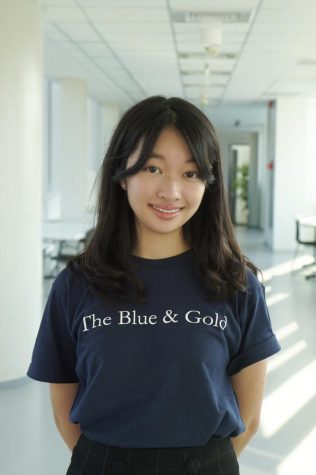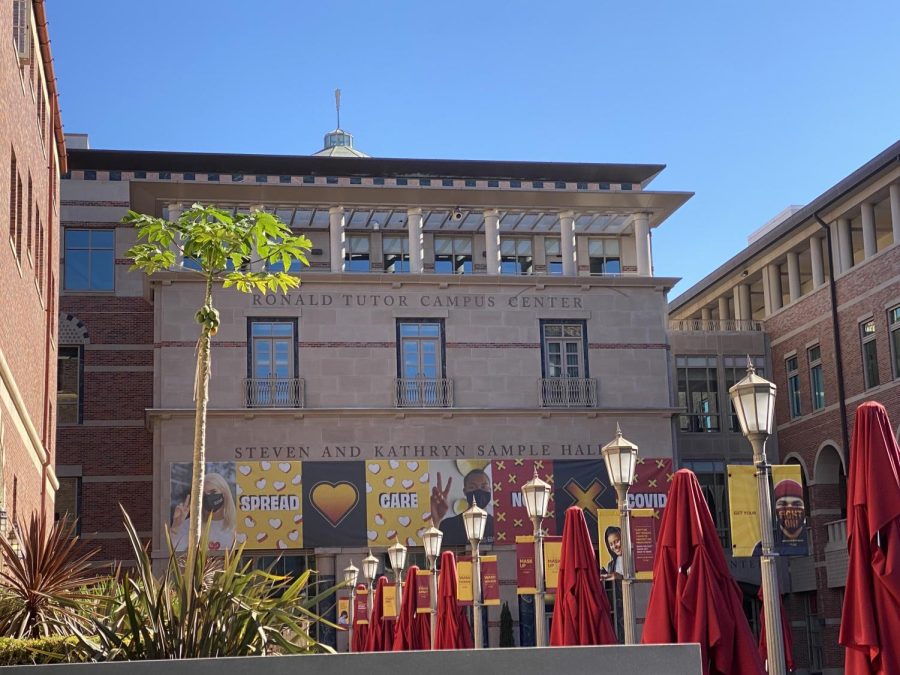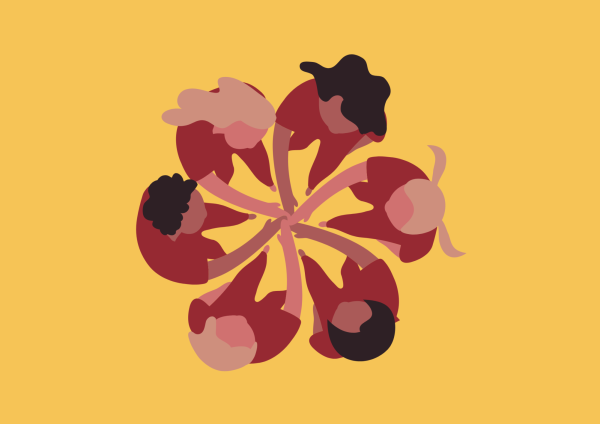Legacy and donor college admissions should be discontinued
The 2019 Varsity Blues scandal involved bribery admissions at the University of Southern California.
The discourse of legacy and donor college admissions is a prevalent issue in the Taipei American School (TAS) community. Universities preferentially admit descendants of alumni or students from families who make massive donations, increasing their chances of being admitted into schools.
However, the practice of these preferences disproportionately favors white and/or wealthy applicants, establishing an exclusive system that bars equally (or even more) qualified applicants from entering their desired colleges.
On an Instagram poll conducted by The Blue & Gold with over 100 responses, 78 percent of the students who voted believe that legacy and donor admissions should be abolished. Despite many TAS students agreeing that the practice where universities favor applicants with legacy or donations should cease to exist, this culture is still heavily widespread.
According to a 2022 Forbes article, 80 percent of 64 colleges and universities with acceptance rates lower than 25 percent offer preferential treatment to applicants with legacy, and 42 percent of those admitted students are potential top donors.
Legacy preferences should be removed as they contribute to systemic discrimination throughout history. The deeply cemented policy originated at the end of World War I, where universities in the 1920s began successfully limiting the number of people of color, Jewish immigrants and other students of minorities by favoring alumni’s descendants, who are mostly white.
Even though the percentage of legacy admissions has drastically declined, with some schools completely disregarding legacies now, many universities, especially Ivy League schools like Yale University and Harvard University which practice legacy admissions, continue to contribute to this culture.
For example, according to The New York Times, Yale’s Class of 2025 includes 14 percent of students that are descended from alumni. Another 2022 Forbes article notes that Harvard’s Class of 2025 includes 15 percent of legacy admitted students, where 18.8 percent of those with legacy affiliation are white.
By continuing traditional legacy admissions, these colleges and universities that advocate for equality are ironically engaging in practices that are clearly rooted in racism and antisemitism.
Although many non-legacy students have higher academic statistics than those with legacy boosts, they often have higher chances of getting rejected by their dream schools despite working just as hard (or perhaps even more so) than those with alumni parents. As these schools continue to cling to these outdated policies and are reluctant to eliminate legacy admission boosts, they reinforce existing modes of exclusion and cannot fully uphold diversity.
Likewise, from the perspectives of many private universities, students with legacy boosts also have wealthier families who are more inclined to make greater donations than non-legacy families, causing universities to admit more legacy students to ensure that the schools are well funded.
Yet, top universities are ignoring the fact that many non-donor applicants have better academic statistics, essays and extracurriculars than applicants whose family donate. Students are more susceptible to focus less on their own abilities to present themselves as qualified applicants, instead highlighting their familial connections and donations as the most prominent factors for their acceptances.
With the incorporation of legacy and donor admissions, students are unable to become attuned to how they are able to dream past goals that their families already have reached and achieve their own.
Ultimately, it is imperative for these institutions to abolish the longstanding system of donor and legacy admission as they are not only antiquated and antithetical to these schools’ own values, but prevent students from truly showcasing their capabilities and personalities during the college admissions process.
Students don’t need to rely on our families’ past successes or their wealth to earn a spot at a college or university. We are more than that: We have our own abilities and achievements.

Amber is the co-editor-in-chief of The Blue & Gold. She has lived in Taiwan her entire life and has been at TAS since first grade. When she is not...


![A myriad of impressive trophies and awards. [ANNABELLE HSU/THE BLUE & GOLD]](https://blueandgoldonline.org/wp-content/uploads/2025/09/Awards2-600x256.jpeg)
![Students' calendars say goodbye to exam week. [ANNABELLE HSU/THE BLUE & GOLD]](https://blueandgoldonline.org/wp-content/uploads/2025/09/Exam-week-600x370.jpg)
![A collection of college flags. [PHOTO COURTESY OF AMBER HU ('27)]](https://blueandgoldonline.org/wp-content/uploads/2025/05/IMG_5029-600x289.jpeg)

![An SAT word cloud. [PHOTO COURTESY OF WORDCLOUDS]](https://blueandgoldonline.org/wp-content/uploads/2025/05/SAT-600x600.jpeg)